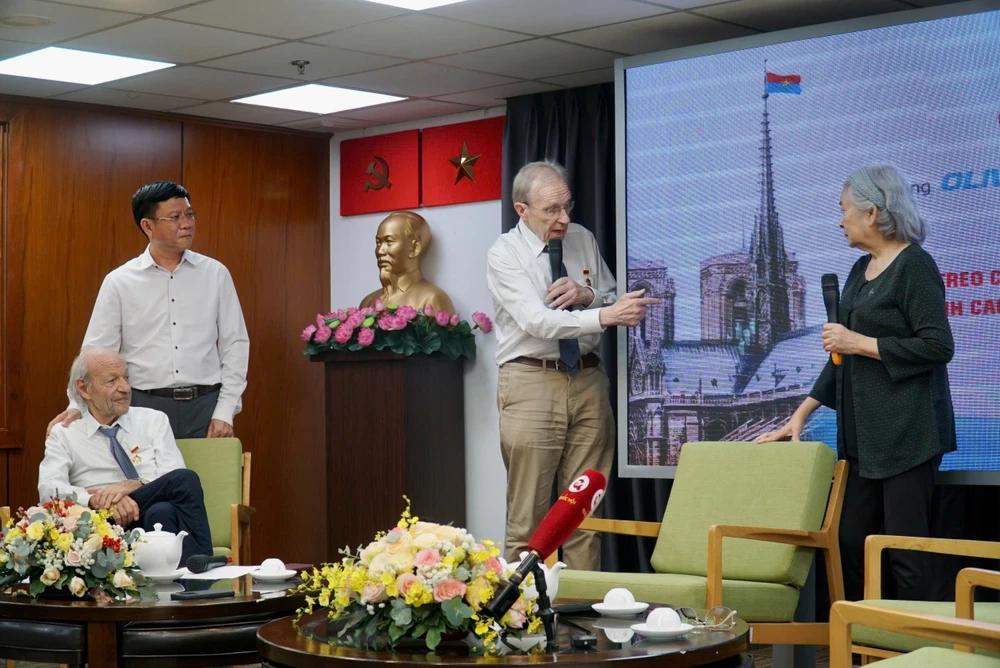The House of Representatives, led by Councilor Dr. Hanafi Jabali At the plenary session Held today, the right of refugees to receive adequate health care according to the decisions issued by the Minister of Health.
In this regard, Article (21) of a draft law submitted by the government promulgating the Foreign Asylum Law, as decided by the House of Representatives, states that the right to the refugee to receive adequate health care, as regulated by the executive regulations. this law and the decisions issued by the Minister responsible for health matters.
The draft law works to establish a legal regulation of the conditions of refugees and their various rights and obligations within the framework of the rights and obligations specified in the international agreements to which Egypt is a party. -in, to ensure that all aspects of support and care. given to those who deserve it, through the establishment of the Permanent Committee for Refugee Affairs, to be the authority responsible for refugee affairs including their information and statistical data, in within the framework of continuing to provide full support and assistance to refugees.
The draft law aims to repeal the Foreign Asylum Law and accompanying legislation. To include provisions to set up a regulatory framework for the various rights and responsibilities of refugees, which came within the framework of the rights and responsibilities agreed by the Constitution and its treaties did Egypt accept it, to ensure the supply of all aspects of support. and care for the deserving people, in collaboration with the international organizations related to refugee issues, as well as coordination with the country’s administrative authorities, through the establishment of a Permanent Committee for Refugee Affairs, it will have legal personality, report to the Prime Minister, and will have its headquarters in Cairo.
2024-11-18 10:30:00
#House #Representatives #recognizes #refugees #receive #adequate #health #care
, and humanitarian organizations to create a more inclusive and responsive healthcare system.
As a professional website editor for world-today-news.com, I would like to conduct an interview with two guests on the topic of the House of Representatives recognizing refugees’ right to receive adequate health care. The guests I have selected are Dr. Mohamed Awad, a human rights activist and lawyer specializing in refugee rights, and Dr. Ahmed Khaled, a healthcare professional working in the field of refugee healthcare. Our conversation will be divided into three thematic sections:
Section 1: Refugee Rights and Healthcare Services
Interviewer: Can you both talk about the importance of providing adequate healthcare services to refugees? How does the recognition of refugee rights by the House of Representatives impact their access to healthcare services in Egypt?
Dr. Mohamed Awad: Refugees are some of the most marginalized and vulnerable groups in society, and their access to healthcare is crucial for their well-being and survival. The fact that the House of Representatives has recognized their right to receive adequate healthcare according to the decisions issued by the Minister of Health is a positive step towards ensuring that refugees have access to basic health services. However, more needs to be done to ensure that these rights are fully realized and that refugees are not discriminated against when accessing healthcare.
Dr. Ahmed Khaled: As a healthcare professional working with refugees, I can attest to the difficulties they face in accessing healthcare services. Recognizing their rights is an important first step, but it is also essential to ensure that healthcare providers are trained to provide culturally competent and sensitive care to refugee populations. Additional resources and funding are also needed to improve the quality and availability of healthcare services for refugees.
Interviewer: What challenges do refugees typically face when trying to access healthcare services, and how can these challenges be addressed?
Dr. Mohamed Awad: Refugees often face language barriers, lack of documentation, and precarious living conditions that make it difficult for them to access healthcare services. Additionally, many healthcare providers may not be aware of the specific health needs of refugee populations or how to navigate the various bureaucratic hurdles that refugees face. Addressing these challenges requires collaboration between healthcare providers, government officials


